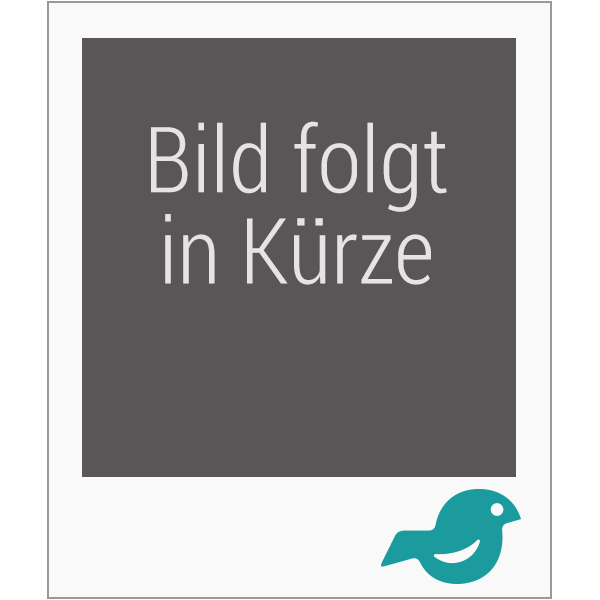This controversial and stirring account of one of the bloodiest battles of the Great War recounts a heroic but disastrous engagement which left a lasting rift between the British and Australians. Drawing from a wealth of unpublished sources and eyewitness accounts, Jonathan Walker's study of the Battle of Bullecourt is vital to an understanding of the difficulties that faced Great War commanders. Central to The Blood Tub is a reassessment of Sir Hubert Gough, one of the Great War's most colourful generals.
In the late spring of 1917, the Allies attacked at Arras, and a combined British and Australian force under General 'Thruster' Gough assaulted the fortress village of Bullecourt. Despite using the new wonder weapon, the tank, Gough's first attack ended in disaster and bitter recriminations. He then launched a second massive attack. For the next two weeks, the Battle of Bullecourt dominated British offensive action on the Western Front. It was the excessive brutality and ferocity of the hand-to-hand fighting that earned Bullecourt the name 'Blood Tub'.
'An excellent, even handed account of a highly contentious battle…Walker debunks many myths.' British Army Review
'Jonathan Walker has produced a comprehensive and most readable account… For serious students, and those simply interested in this period, it is a great read.' Journal of the Australian War Memorial
'Walker's command of the sources held in archives in Britain and in Australia is masterly. This allows him to move easily from the concerns of high command to the experiences of the PBI, and to produce a picture of Bullecourt 'in the round'…The Blood Tub is a well-researched, well-written, and analytical account of the battles for Bullecourt in 1917.' Professor Gary Sheffield, Military Illustrated
'Deeply researched and well-written. For the serious student of war, The Blood Tub will repay thoughtful reading.' Tank Journal
Dieser Download kann aus rechtlichen Gründen nur mit Rechnungsadresse in A, B, BG, CY, CZ, D, DK, EW, E, FIN, F, GR, HR, H, IRL, I, LT, L, LR, M, NL, PL, P, R, S, SLO, SK ausgeliefert werden.


